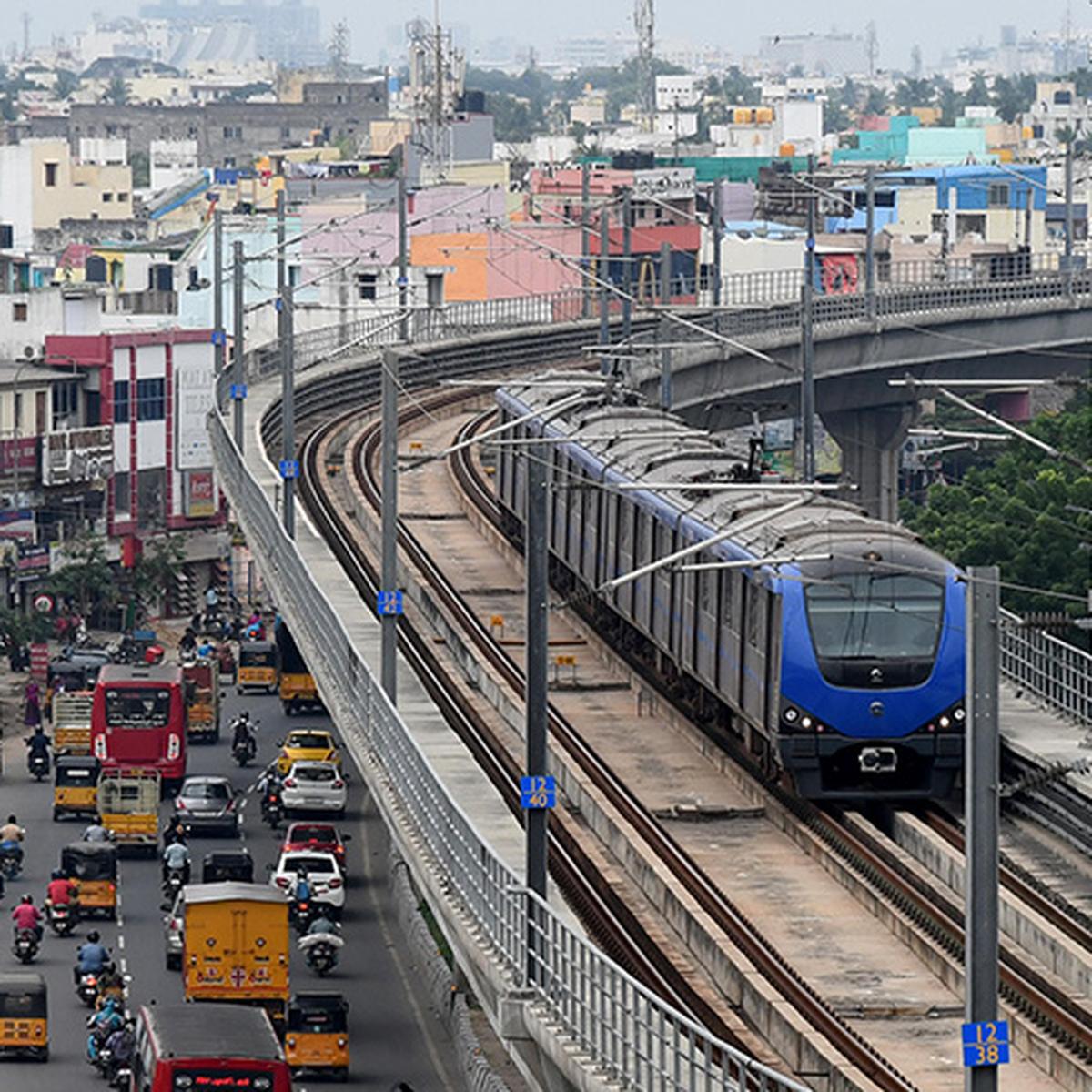On October 3, 2024, the Union Cabinet approved the Ministry of Housing and Urban Affairs’ proposal for Phase II of the Chennai Metro Rail Project. This phase will comprise three corridors, extending a total of 118.9 kilometres and featuring 128 stations. The estimated completion cost is ₹63,246 crore, with the project expected to be finished by 2027. Upon completion, Phase II will increase the Chennai metro rail network to 173 kilometres.
This decision follows a recent request by the DMK-led Tamil Nadu government for ₹7,425 crore in central funding, which was sanctioned by the Public Investment Board. On September 7, Tamil Nadu Chief Minister M.K. Stalin submitted a 15-page memorandum to Prime Minister Narendra Modi, seeking this funding. The memo outlined three key issues, including a demand for 50% equity in sharing the metro Phase-II project.
In response to the announcement, Stalin expressed gratitude to X, stating, “Thank you, Hon’ble PM, for accepting our request. This long-pending demand of the people of Tamil Nadu has been addressed, and we are confident of completing the project at the earliest!”
According to the Union government’s metro policy, centrally approved projects are co-funded by both the Government of India and the respective state, with additional contributions from bilateral agencies. In this case, the state government secured a loan from the Japan International Cooperation Agency (JICA) without requiring Union government involvement.
The three corridors will traverse major areas, including Madhavaram, Perambur, Thirumayilai, Adyar, Sholinganallur, SIPCOT, Kodambakkam, Vadapalani, Porur, Villivakkam, Anna Nagar, and St. Thomas Mount. These areas house numerous industrial, commercial, residential, and institutional establishments, facilitating effective public transportation for IT workers. As part of the metro works, multi-modal integration facilities will be established at 21 locations.
AV Venugopal, manager of healthy streets and partnerships at the Institute for Transportation and Development Policy (ITDP) in Chennai, emphasized the importance of these multi-modal integrations. He stated they would enhance user experience and promote sustainable transport. Similarly, Jayaram Venkatesan, convenor of Arappor Iyakkam, welcomed the Union Cabinet’s decision, expressing hope that this clarity would expedite long-delayed project works.



